Consensus on the measurement of social-emotional functioning is far from being resolved, however, in many cases, measurement instruments used in the preschool context do not use direct observation of children’s behaviour by independent assessors. This is because informants need to know the child well to obtain a valid assessment.
For survey and screening purposes, teachers and/or parents are commonly requested to rate their children’s behaviour on items describing aspects of their social and emotional functioning. This is the approach used in the ELOM Social-Emotional Rating Scale.
How the ELOM Social Emotional Rating Scale works
The ELOM Social-Emotional Rating Scale can be used independently or alongside the ELOM Child Assessment tools (ELOM 4&5 or ELOM 6&7 Years Assessment) in order to measure aspects of the same child’s behaviour that cannot be reliably assessed by a stranger in a testing situation. The ELOM Social-Emotional Rating Scale can be completed by the child’s teacher (or playgroup facilitator) once she/he has known the child for at least 6 months.
The instrument incudes one item to rate the child’s Self Care (degree of independent toileting), and two scales with 6 items each drawn from existing instruments designed to assess aspects of social and emotional functioning in young children. The items are associated with readiness for school. The scales are: Social Relations with Peers and Adults, and Emotional Readiness for School.
In the Social Relations with Peers and Adults scale, 3 items assess the quality of interaction with peers, and the ability to manage internal emotional states that may arise in peer-group interactions:
- the ability to work well with peers in group activities,
- the ability to resolve problems with peers without aggression, and
- the ability to cooperate with peers without prompting.
In the same scale, 3 items assess the child’s approach to interactions with familiar adults, and the ability to access support, information, or cooperative experiences with familiar adults:
- the ability to seek support and assistance from familiar adults,
- the ability to seek information or explanation from familiar adults, and
- the ability to take initiative in creating cooperative activities with a familiar adult familiar adults through cooperative activities.
In the Emotional Functioning scale, 6 items are used to assess the child’s approach to the initiation, coordination and preservation of effort during tasks and activities, found in a learning environment:
- ability to communicate with adults,
- appropriate expression of needs and feelings,
- independence and willingness to do things without help,
- ability to adjust to changes in class or home routine,
- confidence in new experiences, and
- initiating activities (the child is a ‘self-starter’).
Psychometric properties of the Social-Emotional Rating Scale
The psychometric properties of the were analysed on a sample of 261 children, the majority of whom were drawn from the lowest three national income quintiles. Internal consistency (scale reliability) was assessed using Chronbach’s Alpha. Both scales have sound reliability: Social Relations Scale (Chronbach α = .78; Emotional Functioning Scale Chronbach α = .80. Reliability is not required for Self-Care as it only has one item. Concurrent validity of the two scales (with the Strengths and Difficulties Questionnaire (see below) has been established. This indicates that both scales independently measure the same construct. This further confirms the validity of the shorter Social-Emotional Rating Scale. Further information is available in the ELOM Technical Manual.
It is possible to combine the total scores for the two scales to derive an indicator of social-emotional functioning. This was done in the Thrive by Five Index study.
Note: when there are concerns about a child’s emotional and social development, an assessment by an appropriately qualified expert is advised (e.g. a psychiatrist or psychologist).
Other commonly used rating scales for measuring social-emotional functioning in young children
- The Early Development Instrument (EDI): Teachers rate preschool children’s development on 103 items in five domains: Physical well-being; Social Competence, Emotional Maturity; Language & Cognitive Development; Communication skills and General Knowledge. The EDI is in use in regular population level surveys in many countries. Examples are Canada and Australia.
- The Strengths and Difficulties Questionnaire (SDQ): The SDQ is a brief behavioural screening questionnaire that can be completed by parents and preschool teachers of 2-4 year old children. An advantage is that the SDQ enables measurement of children through till age 16 on the same scales. The instrument has 25 items in 5 domains: Emotional symptoms; conduct problems; hyperactivity/inattention; peer relationship problems (scores summed to derive a total difficulties score); prosocial behaviour.
- The South African Child Assessment Scales (SACAS): The instrument is not available online but reference to its use may be found in the volume Mandela’s children cited previously, and also in a South African research paper.
- The Child Behaviour Checklist (CBCL) is lengthy (100 items) and is completed by parents or teachers. It was used to inform construction of the SACAS. The whole instrument and specific domains are widely used in research.
This article was written by Andy Dawes, Associate Professor Emeritus in the Department of Psychology at the University of Cape Town.
